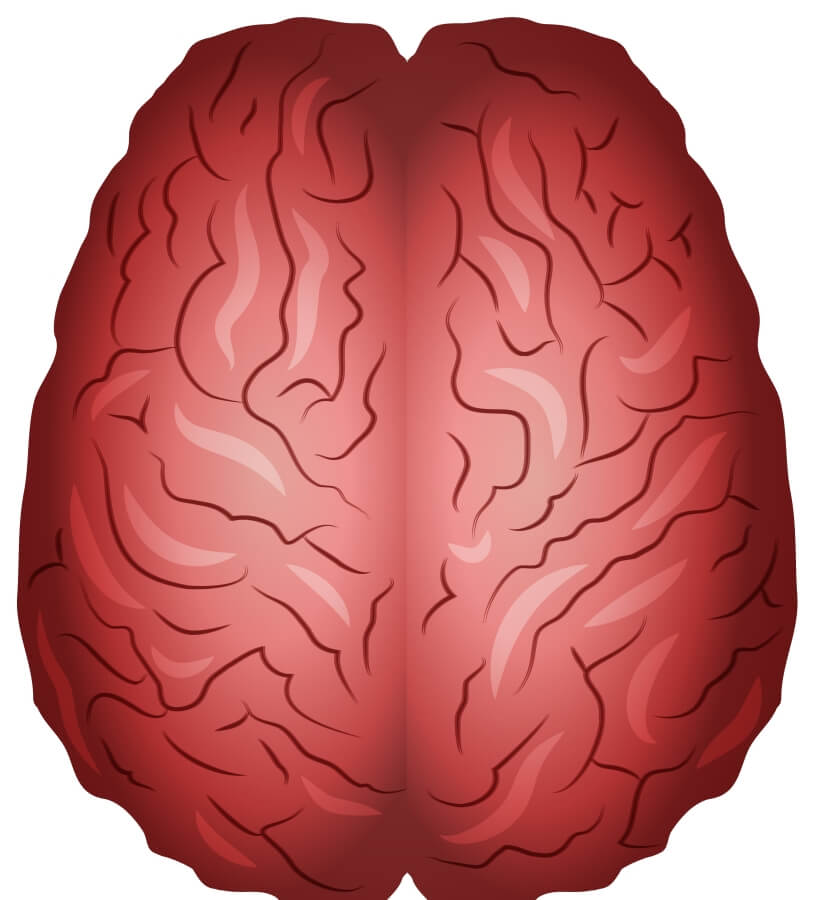Your cart is currently empty!

Mental Wellness is Key
Good afternoon, everyone. This is Sal Celly. I hope you’re all doing well. Today, I want to discuss a crucial topic: the significance of mental health wellness. For far too long, mental health has carried a stigma, leading to silence and shame. However, just like physical health, mental health plays a fundamental role in establishing a solid foundation for all other aspects of our lives. Our well-being encompasses multiple dimensions, including mental, physical, spiritual, financial, relationships, and productivity. Achieving balance among these areas is essential for holistic and fulfilling lives. In this article, we will delve into the importance of mental wellness, recognizing signs of poor mental health, seeking help, and achieving work-life balance.
Breaking the Stigma Around Mental Health
The stigma surrounding mental health has hindered open discussions and support. It is critical to challenge and dismantle this stigma. Mental well-being is a vital part of our overall health and should be treated with the same level of importance and attention as physical well-being. By fostering a culture of acceptance and understanding, we can create an environment that encourages individuals to seek help and support when needed.
Balancing Mental Health
Maintaining mental health balance is crucial for overall well-being. It involves nurturing emotional well-being, recognizing and addressing signs of poor mental health, and seeking appropriate help. Emotional well-being encompasses feeling content, resilient, and able to cope with the root cause of mental illness It requires self-care, stress management, and self-awareness to identify imbalances and take the necessary steps to restore equilibrium.
Recognizing Signs of Poor Mental Health
It is vital to be aware of signs indicating poor mental health. These signs may include persistent sadness, anxiety, changes in appetite or sleep patterns, withdrawal from social activities, loss of interest, mood swings, and difficulty concentrating. Recognizing these signs allows us to intervene early and seek appropriate help. It is crucial to remember that seeking support is not a sign of weakness but a proactive step toward healing and well-being.
Seeking Help for Mental Health
When faced with challenges such as depression and anxiety, seeking help is paramount. Professional support from counselors, therapists, or psychologists can provide valuable guidance and tools for overcoming these obstacles. Seeking help also involves reaching out to trusted friends or loved ones, and creating a support network that understands and supports our mental well-being journey. Remember, you are not alone, and help is available.
Achieving Work-Life Balance
Work-life balance is a vital component of mental wellness and the search for how to achieve goes on. Juggling personal and professional responsibilities can create stress and strain on our mental health. It is essential to establish boundaries, prioritize self-care, and practice time management. Creating a harmonious blend between work and personal life allows for rejuvenation, fulfillment, and overall well-being.
Exploring Root Causes of Mental Illness
To truly address mental health concerns, it is important to explore and understand the root causes. Mental illness can stem from a variety of factors, including past trauma, unresolved issues, genetic predispositions, or environmental influences. By identifying and addressing these root causes, we can develop personalized strategies for healing and managing our mental well-being.
Conclusion
Unlocking mental wellness begins with overcoming the stigma surrounding mental health. By recognizing the importance of balancing mental well-being, identifying signs of poor mental health, and seeking appropriate help, we take proactive steps toward healing and fulfillment. Achieving work-life balance and exploring the root causes of mental illness are additional aspects of nurturing our mental wellness. Remember, you are not alone on this journey. Reach out for support, prioritize self-care, and embrace a holistic approach to mental health. This is Sal Celly, and I thank you for reading this article. If you have any questions or feedback, please email us at coach@maximizeu.life
Comments
2 responses to “Mental Wellness is Key”
Can you be more specific about the content of your article? After reading it, I still have some doubts. Hope you can help me.

Leave a Reply